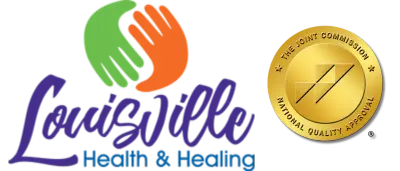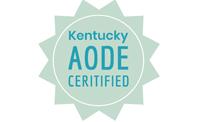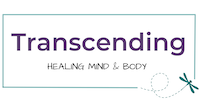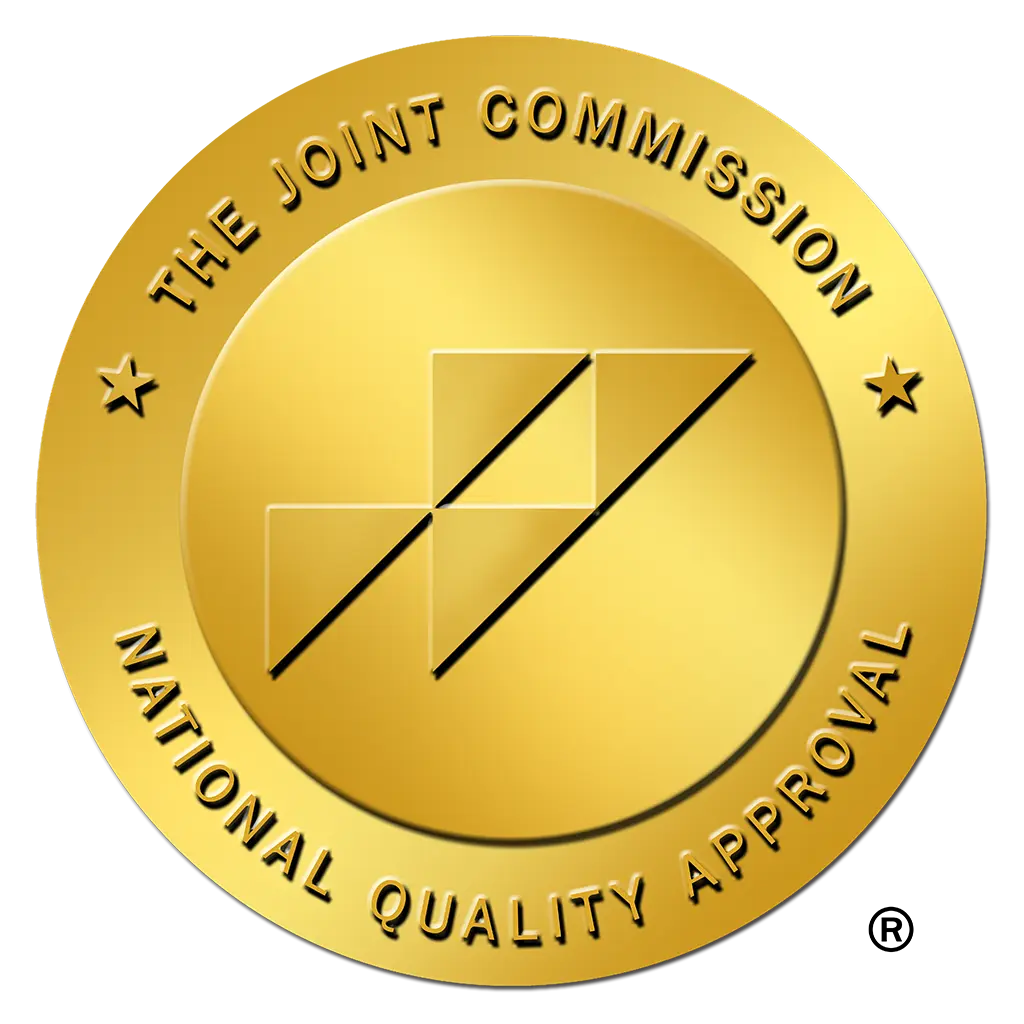You may have heard of the term ‘EMDR’, but may not really know what it is or even if
you have the letters in the correct order. That’s okay! It’s a rather new but remarkably
helpful therapeutic tool.
EMDR stands for Eye Movement Desensitization and Reprocessing therapy. It is a
rather new, innovative approach that therapists can use to help clients process trauma
or distressing experiences, especially distressing beliefs or memories that are buried
deep but that continue to impact the client’s mental health. Even though it is a newer
approach, EMDR is extensively researched, and is shown to be effective in
reprocessing trauma and distressing experiences. This makes it a powerful tool in a
therapist’s toolbelt!
Therapists that are trained and certified in EMDR can use it with children and adults of
all ages. EMDR can be helpful to address a variety of concerns that individuals may be
experiencing, such as: depression, anxiety disorders, chronic illnesses or conditions,
eating disorders, grief, personality disorders, PTSD or other trauma or stress disorders,
sexual assault, substance abuse or addiction, and violence and abuse. And more!
Maybe you have experienced traditional talk therapy before and find yourself
wondering, “Well, how is this different from traditional therapy and what does it even
do?”.
As an approach in therapy, EMDR does not seek to change the negative thoughts or
feelings that result from a trauma or distressing life event, but works to allow the brain to
reprocess the traumatic event itself. This allows the brain’s natural healing process to
resume again.
Our brain naturally will manage and respond to a traumatic event – the ways we adapt
and continue to ‘manage’ that distress/trauma may look different for every person, but
often it can play a role in the development of negative thoughts, feelings, and/or
behaviors in our life. Though our brain and body will naturally respond to trauma, our
brain does not always get an opportunity to truly process the trauma. EMDR helps our
brain reprocess these traumatic or distressing events, to allow for healing to take place
where it may not have been able to happen previously.
If you are interested in EMDR, make sure to seek out a therapist that is trained and
certified in EMDR. You should not go to a clinician that has not received proper training
– it could end up being more harmful than helpful to you. The good news is that here, at
Louisville Health & Healing, we have multiple therapists that are trained and certified to practice
EMDR with you! Give us a call or ask your therapist to learn more!







